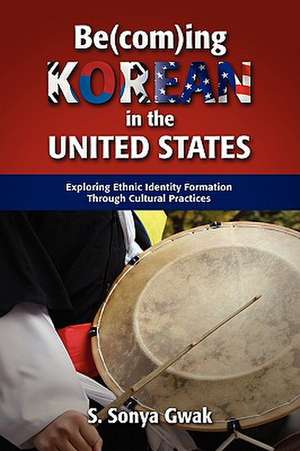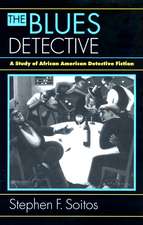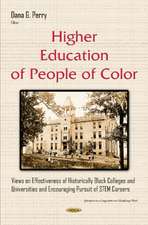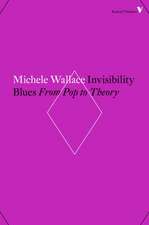Be(com)Ing Korean in the United States: Exploring Ethnic Identity Formation Through Cultural Practices
Autor S. Sonya Gwaken Limba Engleză Hardback – 30 noi 2008
Preț: 657.24 lei
Preț vechi: 714.39 lei
-8% Nou
Puncte Express: 986
Preț estimativ în valută:
125.78€ • 130.83$ • 103.84£
125.78€ • 130.83$ • 103.84£
Carte tipărită la comandă
Livrare economică 14-28 aprilie
Preluare comenzi: 021 569.72.76
Specificații
ISBN-13: 9781604975840
ISBN-10: 1604975849
Pagini: 376
Dimensiuni: 152 x 229 x 25 mm
Greutate: 0.72 kg
Ediția:New.
Editura: Cambria Press
Locul publicării:United States
ISBN-10: 1604975849
Pagini: 376
Dimensiuni: 152 x 229 x 25 mm
Greutate: 0.72 kg
Ediția:New.
Editura: Cambria Press
Locul publicării:United States














